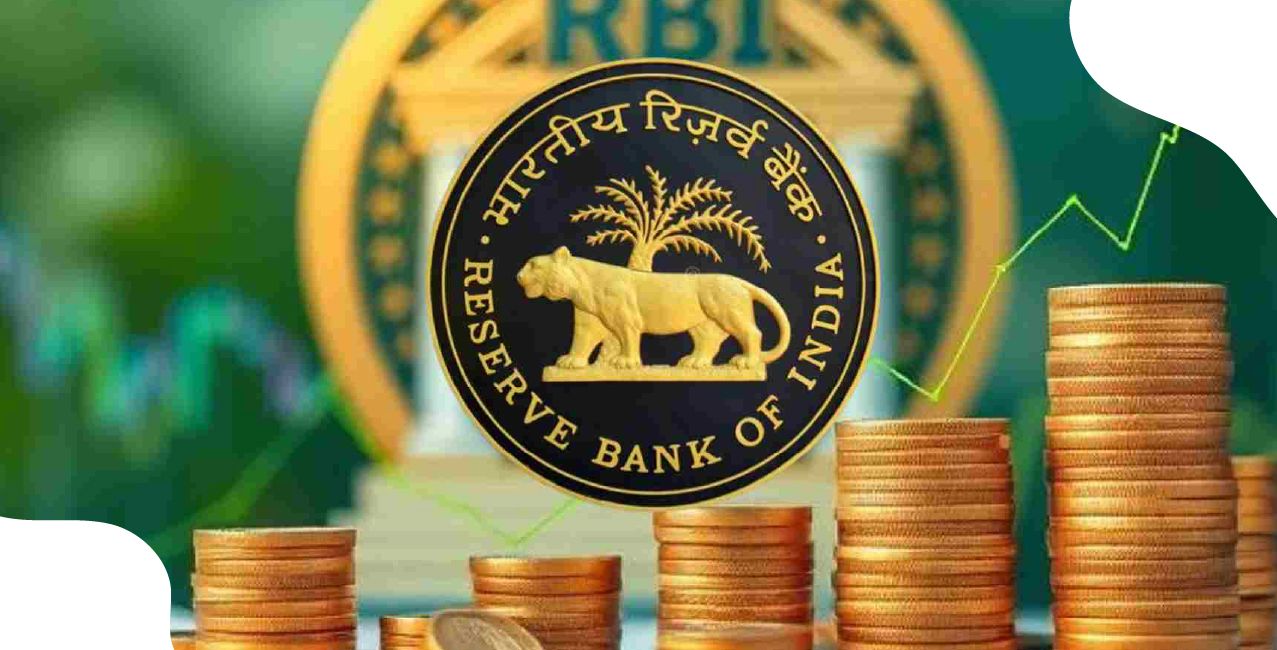RBI Extends Deadline for Export Proceeds Repatriation to IFSC Accounts

Check Your Loan Eligibility Now
By continuing, you agree to LoansJagat's Credit Report Terms of Use, Terms and Conditions, Privacy Policy, and authorize contact via Call, SMS, Email, or WhatsApp
The central bank gives exporters breathing room with a longer window for managing foreign currency held in Indian IFSC centres.
What happens when a business earns in dollars but must bring it back within a month? That short window often made exporters scramble to settle accounts. To fix this, the Reserve Bank of India (RBI) released a circular on 6 October 2025 announcing a change that gives exporters more time to manage funds.
According to the Foreign Exchange Management (Foreign Currency Accounts by a Person Resident in India) (Seventh Amendment) Regulations, 2025, exporters using foreign currency accounts in Indian IFSC centers can now repatriate proceeds within three months instead of one.
This RBI export proceeds repatriation timeline extension aims to improve liquidity planning and boost activity within IFSCs like GIFT City.
RBI Guidelines For Export Payment Repatriation
The RBI stated in its 2025 report that export proceeds held in International Financial Services Center (IFSC) accounts will now be treated as equivalent to accounts held outside India. This means exporters can retain their earnings for a longer time without breaching repatriation rules.
Read More – RBI Clears Rupee Lending for Bhutan, Nepal & Sri Lanka to Boost Cross-Border Trade
The Reserve Bank of India IFSC account regulations update also directs Authorised Dealer (AD) banks to ensure proper record-keeping and to monitor export receipts under the new period.
This decision is expected to ease compliance pressure and reduce forced conversions of foreign earnings, especially for sectors with long payment cycles such as engineering, gems and jewellery, and IT services.
The next section explores the broader impact of this update.
Wider Impact Of The Extension
The RBI’s decision follows its policy focus on improving the financial ecosystem in GIFT City, India’s flagship IFSC. The change aims to attract more exporters to use domestic financial hubs instead of foreign jurisdictions for settling trade proceeds.
The RBI policy changes for international financial services strengthen India’s goal of creating globally competitive banking units under Indian regulation. Exporters now have room to align fund usage with operational timelines, avoiding hurried repatriation that previously created mismatches.
The move also aligns with other steps taken by the RBI to deepen India’s trade finance channels, such as encouraging rupee-based trade settlements and promoting digital compliance tracking for IFSC banking transactions.
Theoretical Meaning Of The Policy
In simple terms, repatriation means bringing export earnings back into India after goods or services are sold abroad. The earlier one-month limit for IFSC accounts was shorter than international norms. By extending it to three months, the RBI aims to align local laws with global business practices while keeping currency movements under watch.
The change shows how India is adjusting its RBI guidelines for export payment repatriation to modern trade realities without fully relaxing oversight.
Related Past Measures By The RBI
This is not the first time the RBI has adjusted export rules. In April 2020, during the pandemic, the RBI extended the export realisation period from nine months to fifteen months to help exporters cope with trade delays. The 2025 change now adds new sectors like digital agriculture, logistics, renewables, and urban projects.
Also, in 2023 the RBI encouraged rupee-denominated trade with neighbouring countries, helping settle trade in Indian currency.
Each step is carefully timed, showing the RBI’s aim: give exporters more room while managing foreign exchange risk. As LoansJagat explains in “How Is the RBI Promoting Internationalisation of the Rupee?”, the RBI is pushing trade in rupee with partner nations and making cross-border lending in rupees a part of its strategy.
How Banks And Exporters Have Reacted
Banks operating in IFSCs have responded positively to the change. They see higher potential deposits and steady account activity. Exporters across technology, textiles, and pharmaceuticals have welcomed the flexibility, saying it matches their billing cycles better.
However, industry experts have requested clarity on how the “date of receipt” will be determined, especially in cases involving delayed credits or forward contracts. Banks are now updating systems to monitor compliance under the three-month framework.
This positive reception indicates that the change was both timely and practical. The next section explores how this move fits within broader financial goals.
Comparison With Government And RBI Past Reactions
Historically, both the government and the RBI have taken a gradual approach to financial liberalisation. For instance, earlier foreign trade reforms were broad and reactive. The latest policy, however, is targeted, focusing on IFSCs and specific foreign currency accounts.
This reflects the government’s growing trust in the maturity of domestic financial systems. By treating IFSC foreign currency accounts as “outside India” for regulatory purposes, India gains the advantages of global banking without losing oversight.
Also Read – RBI Likely to Restart FX Swaps to Boost Market Liquidity
The government’s vision for IFSCs, especially through the International Financial Services Centres Authority (IFSCA), ties in directly with the RBI’s direction. Both aim to make GIFT City a strong international trade hub.
Conclusion
The RBI export proceeds repatriation timeline extension has reshaped how exporters manage their funds in Indian IFSCs. The move signals a mature financial outlook, encouraging businesses to handle trade settlements efficiently while keeping transparency intact.
With this Reserve Bank of India IFSC account regulations update, exporters gain flexibility, banks see better stability, and India strengthens its standing in international financial services.
As this framework settles, the true measure of success will be seen in how many exporters shift their transactions through Indian IFSCs instead of overseas centres. The next financial year will reveal whether the three-month window becomes the new comfort zone for Indian trade.
About the author

LoansJagat Team
Contributor‘Simplify Finance for Everyone.’ This is the common goal of our team, as we try to explain any topic with relatable examples. From personal to business finance, managing EMIs to becoming debt-free, we do extensive research on each and every parameter, so you don’t have to. Scroll up and have a look at what 15+ years of experience in the BFSI sector looks like.
Subscribe Now
Related Blog Post

Home Loan Interest Rates 2025 Deliver Major EMI Relief, Will Borrowers See More Gains In 2026?

Will the Indian Rupee Stabilise in 2026 After a Volatile 2025?

RBI Draft Rules Target Surprise Costs in Overseas Payments
Recent Blogs
All Topics
Contents
Quick Apply Loan
Consolidate your debts into one easy EMI.
Takes less than 2 minutes. No paperwork.
10 Lakhs+
Trusted Customers
2000 Cr+
Loans Disbursed
4.7/5
Google Reviews
20+
Banks & NBFCs Offers
Other services mentioned in this article
.png)
.png)
.png)
.png)
.png)
.png)